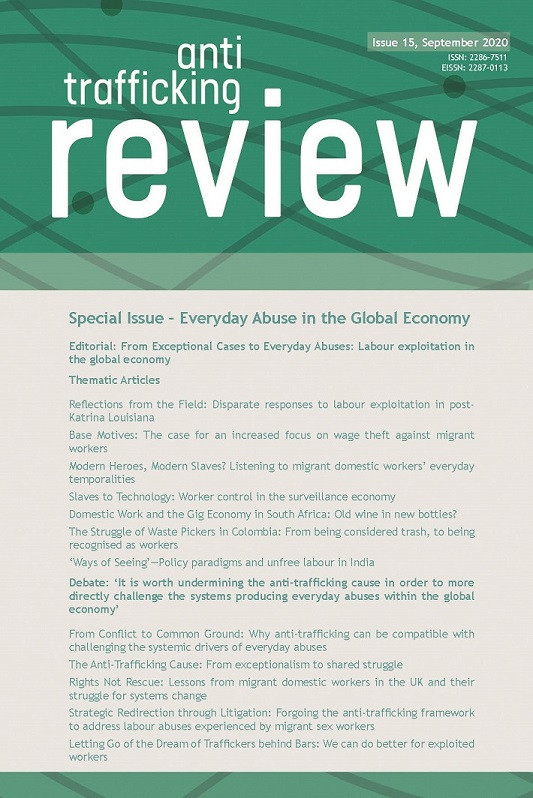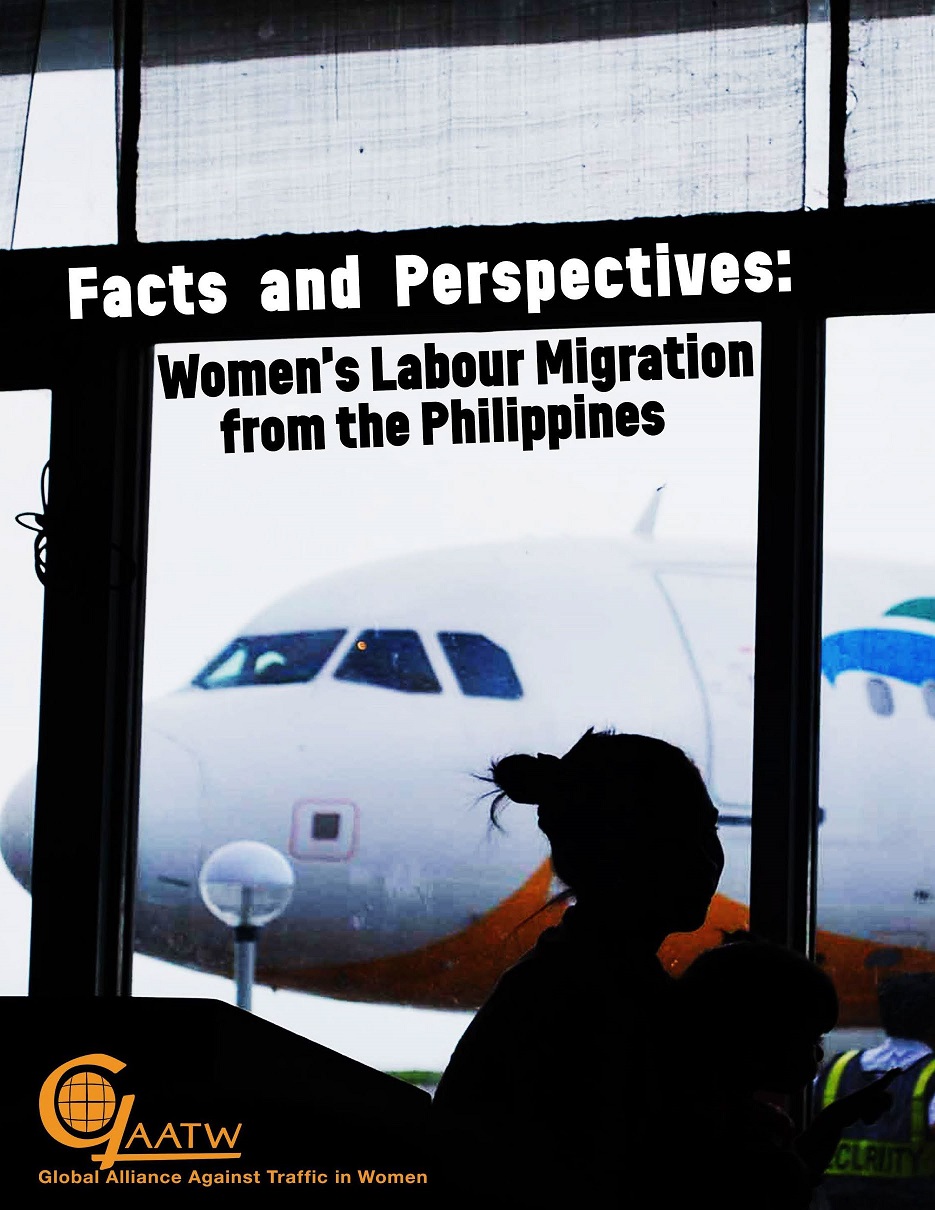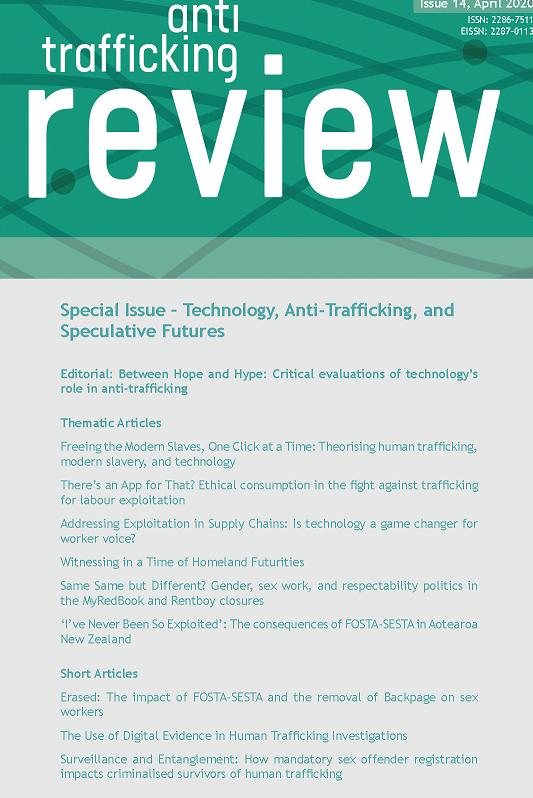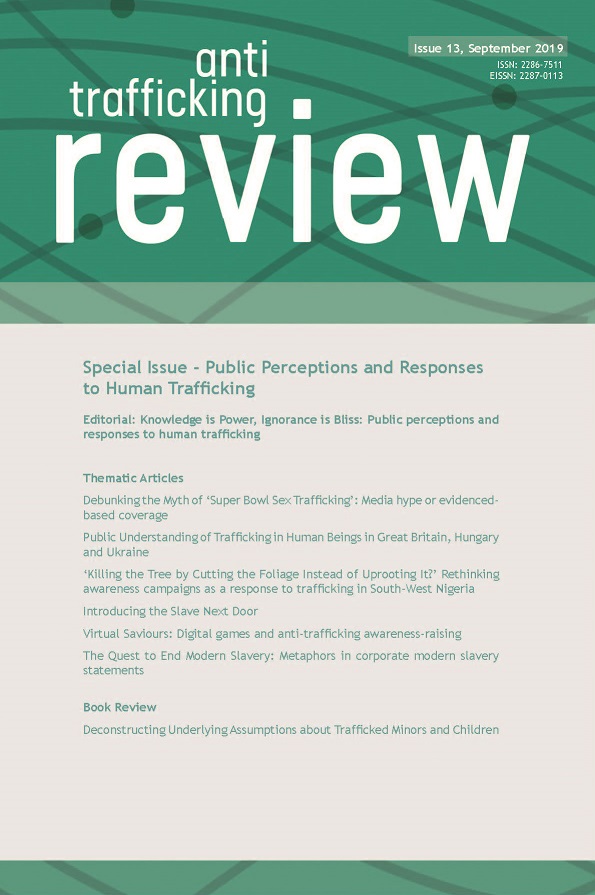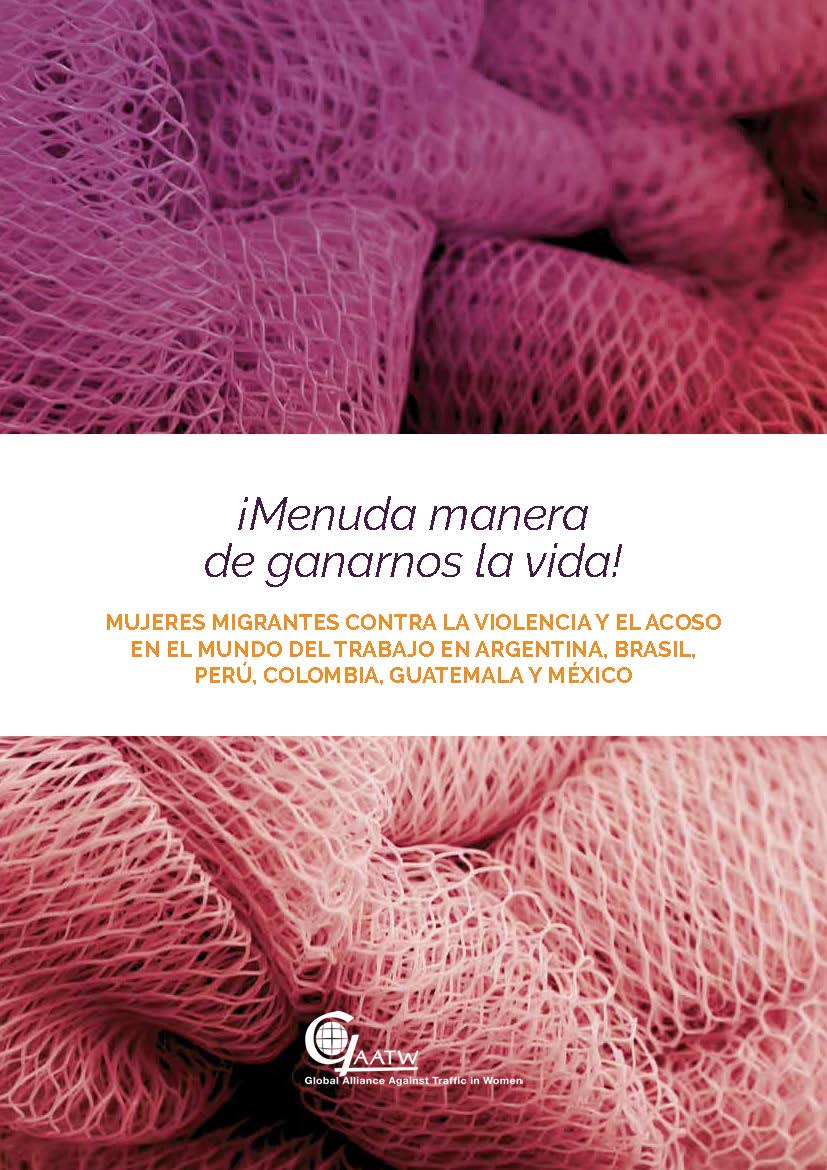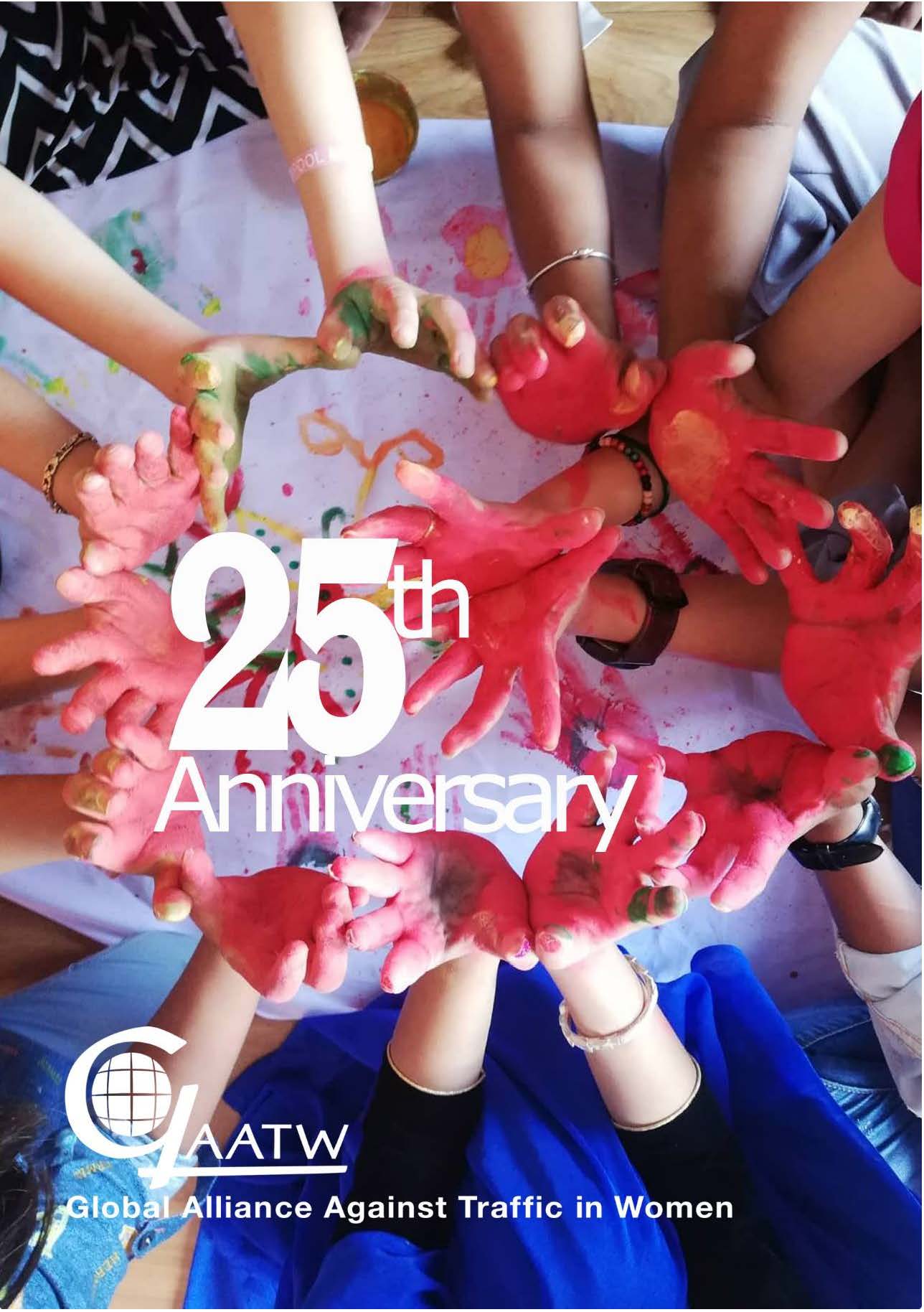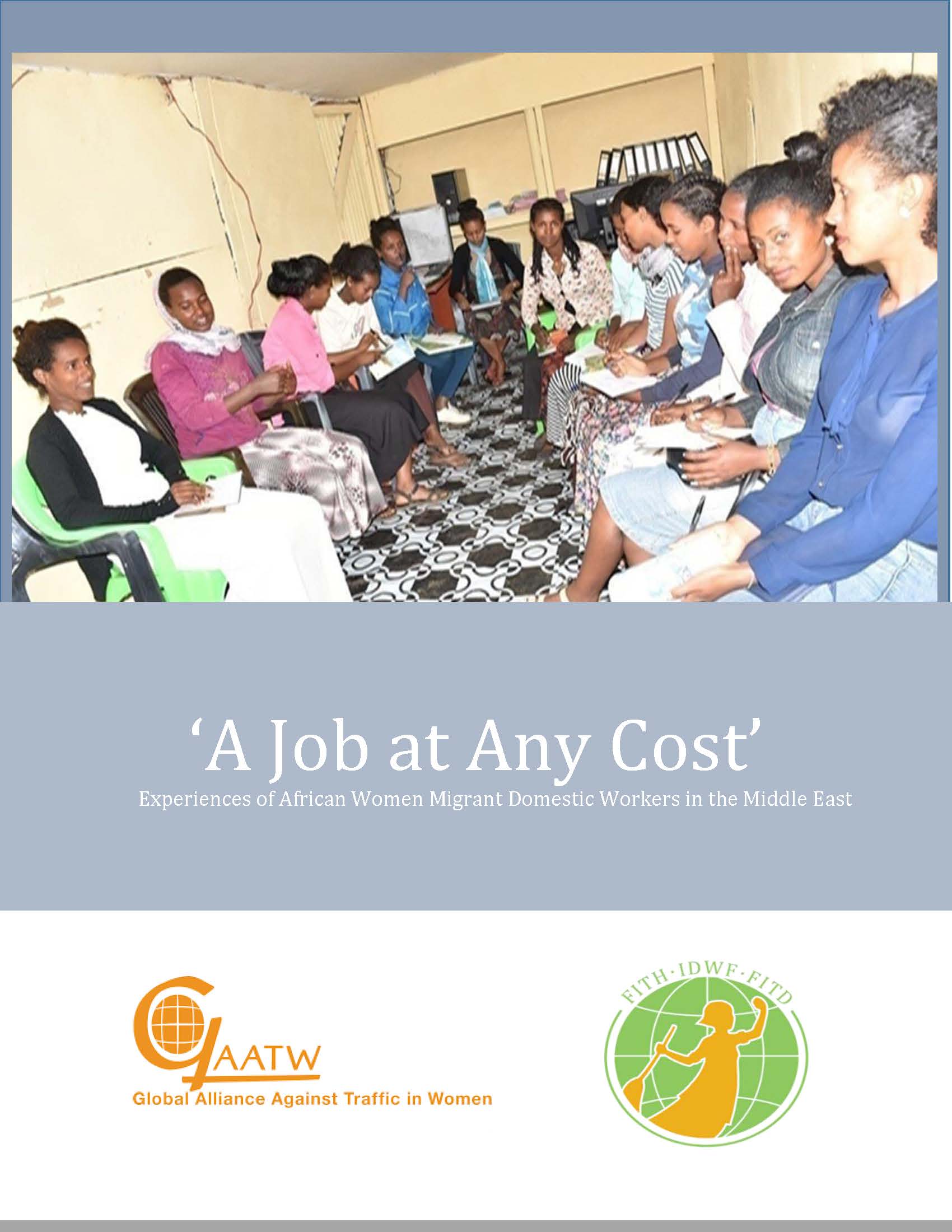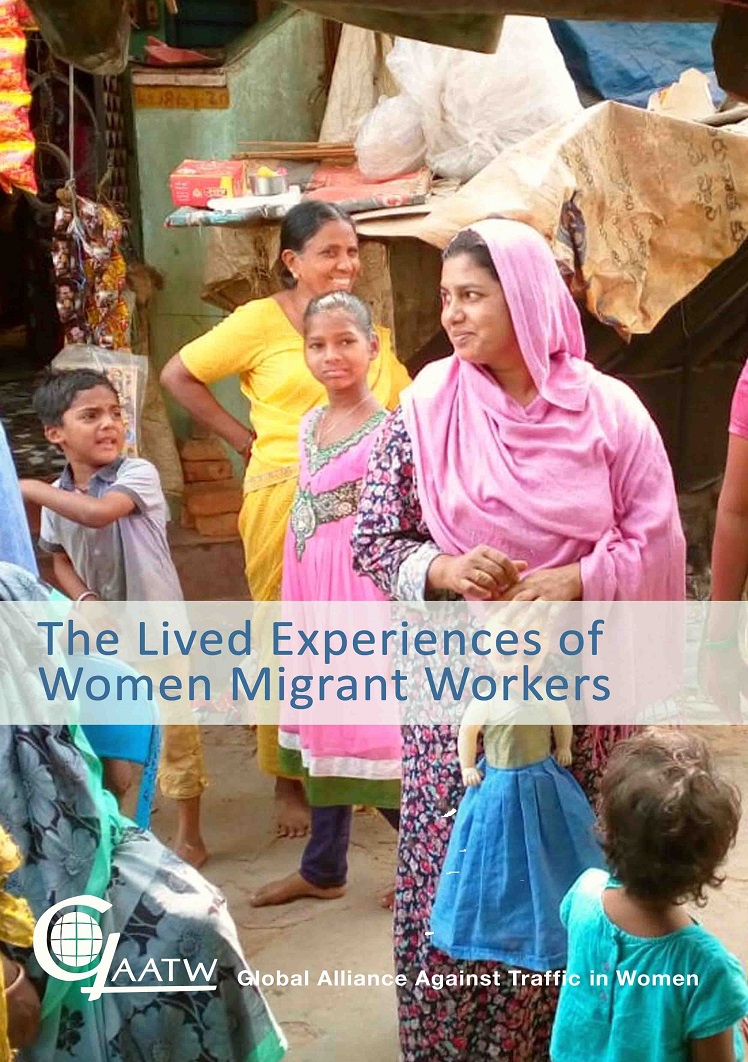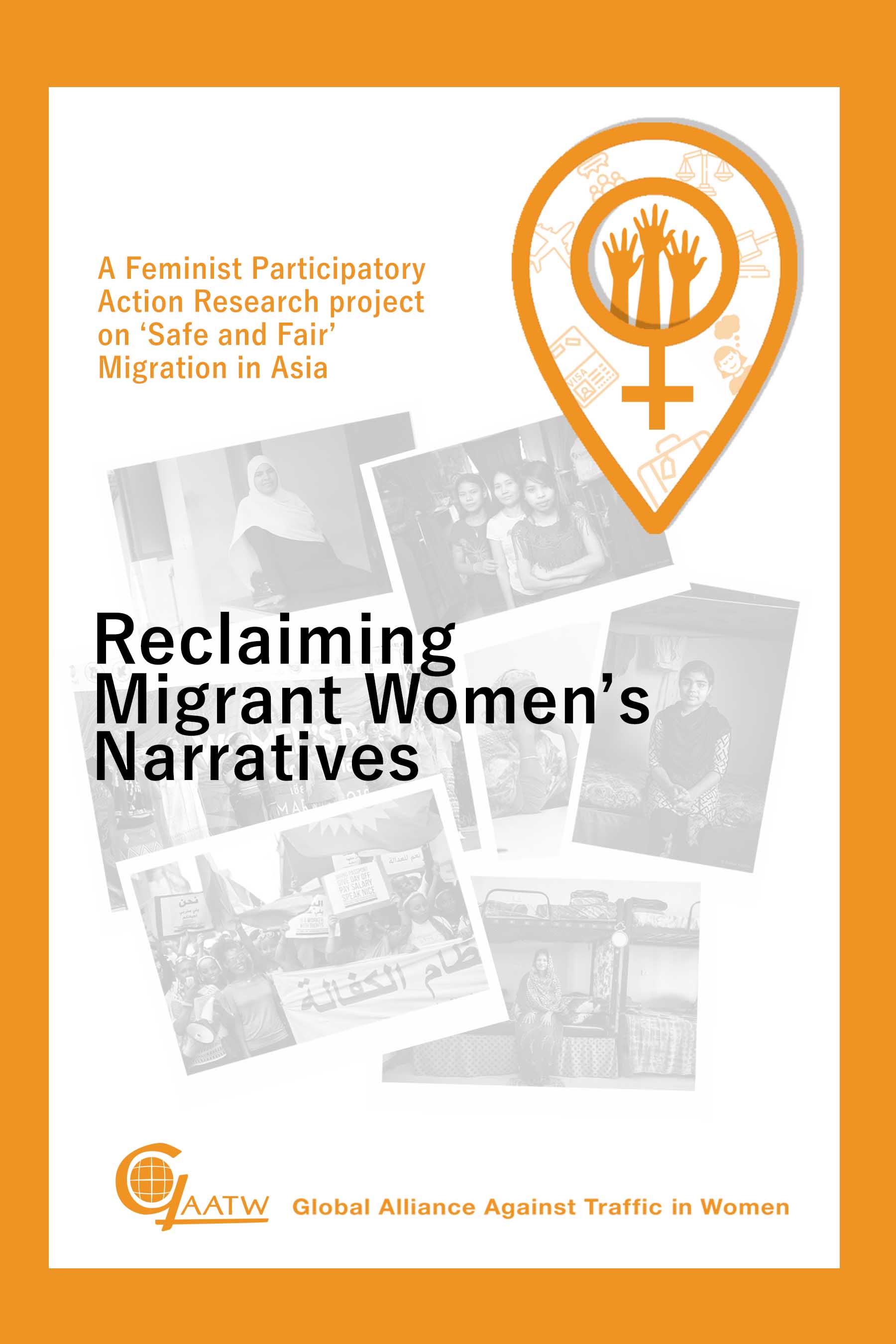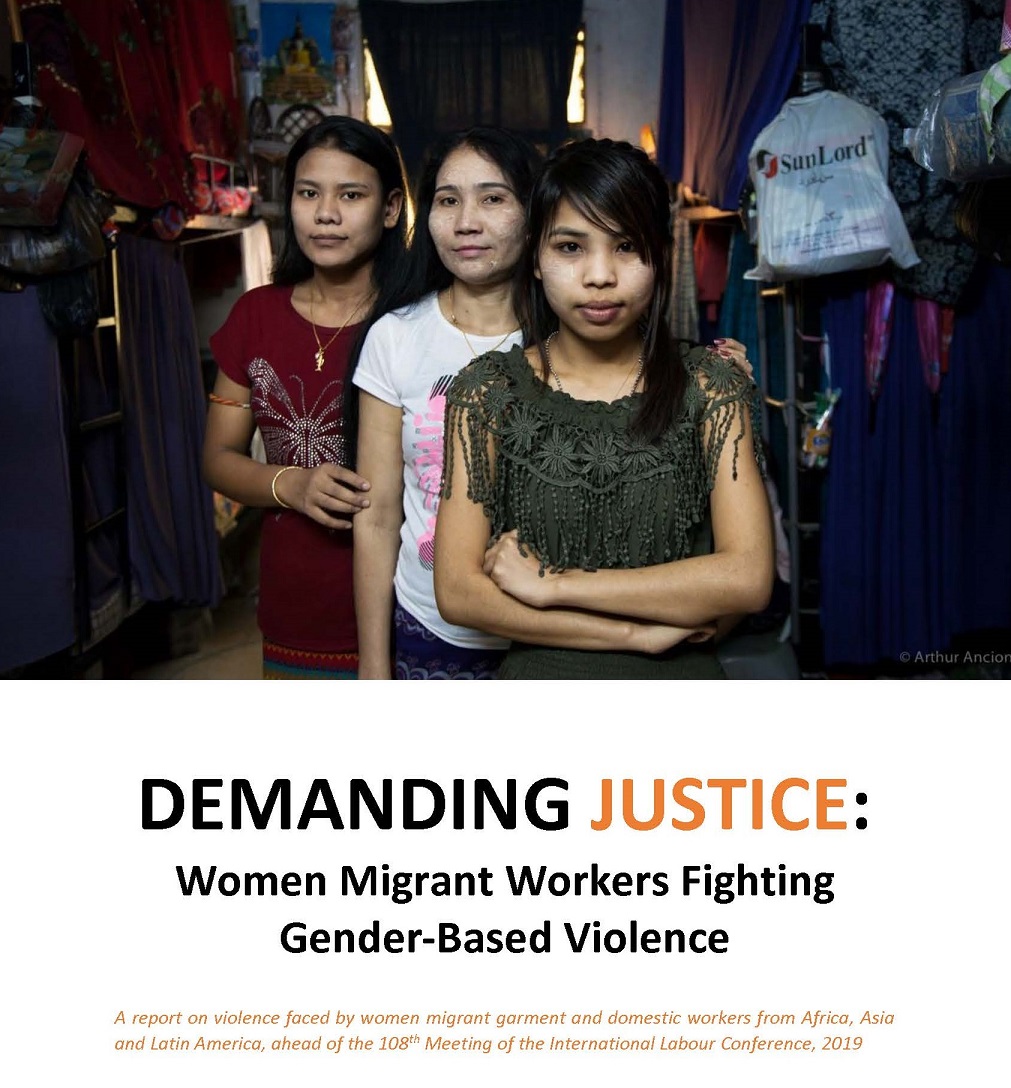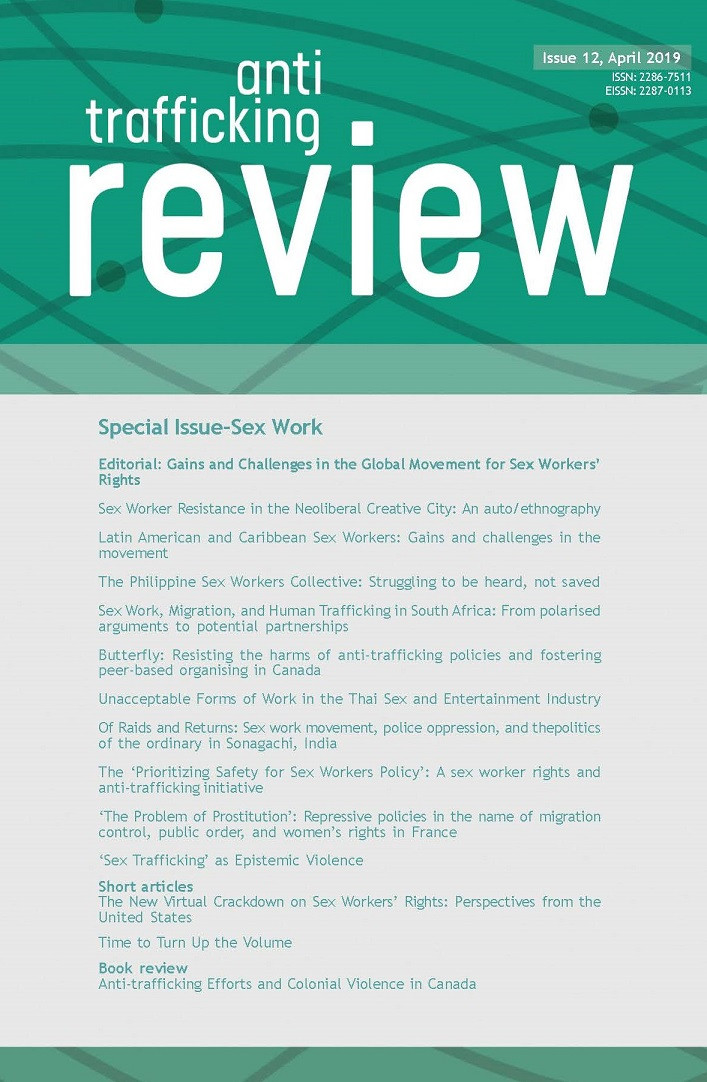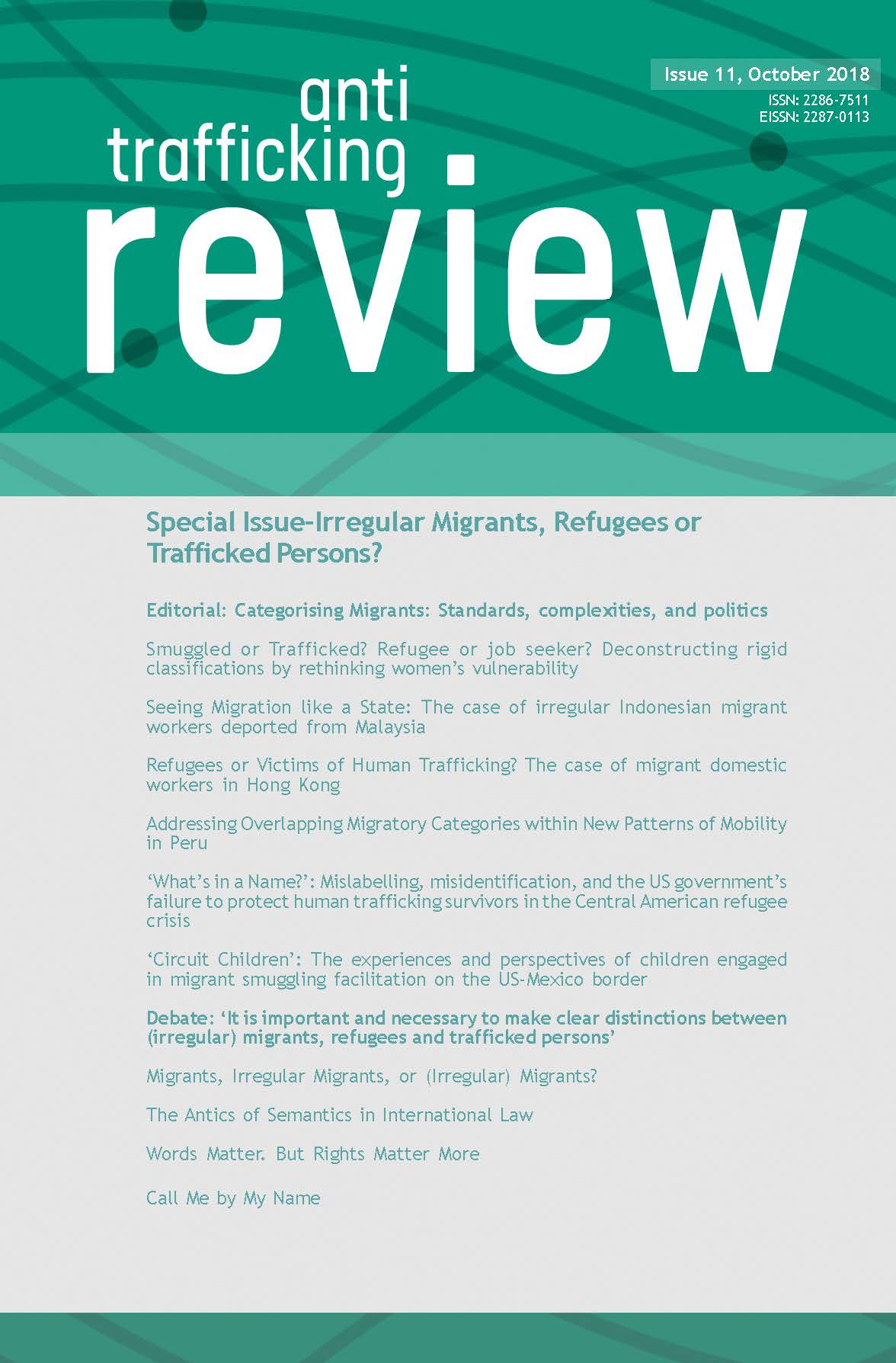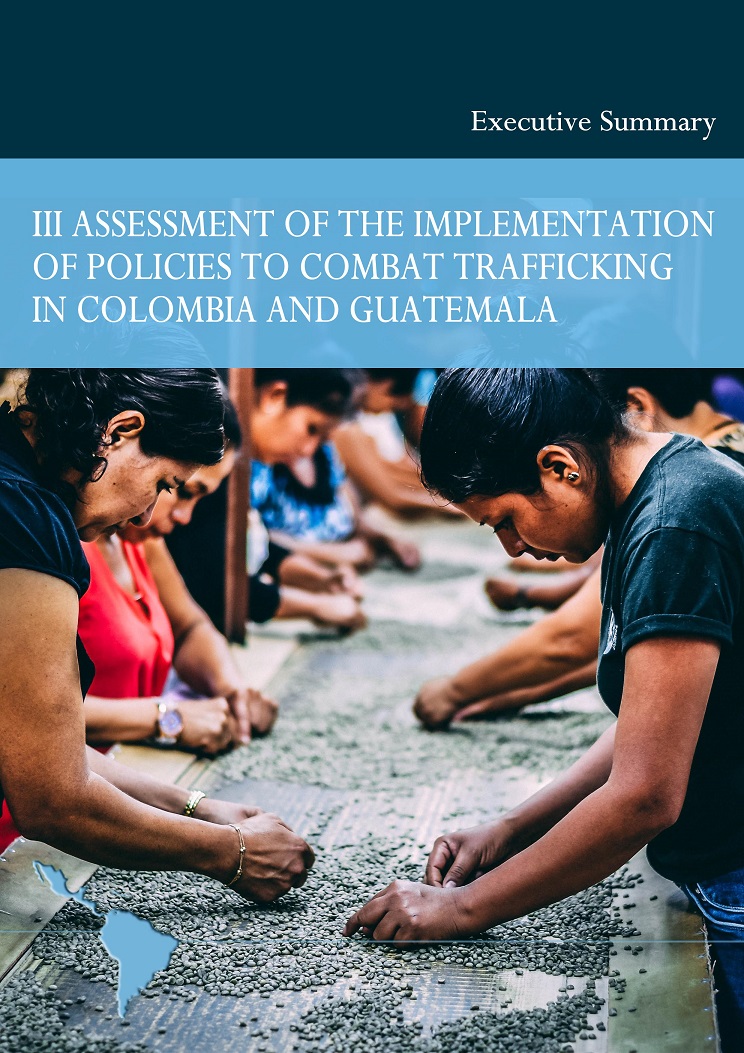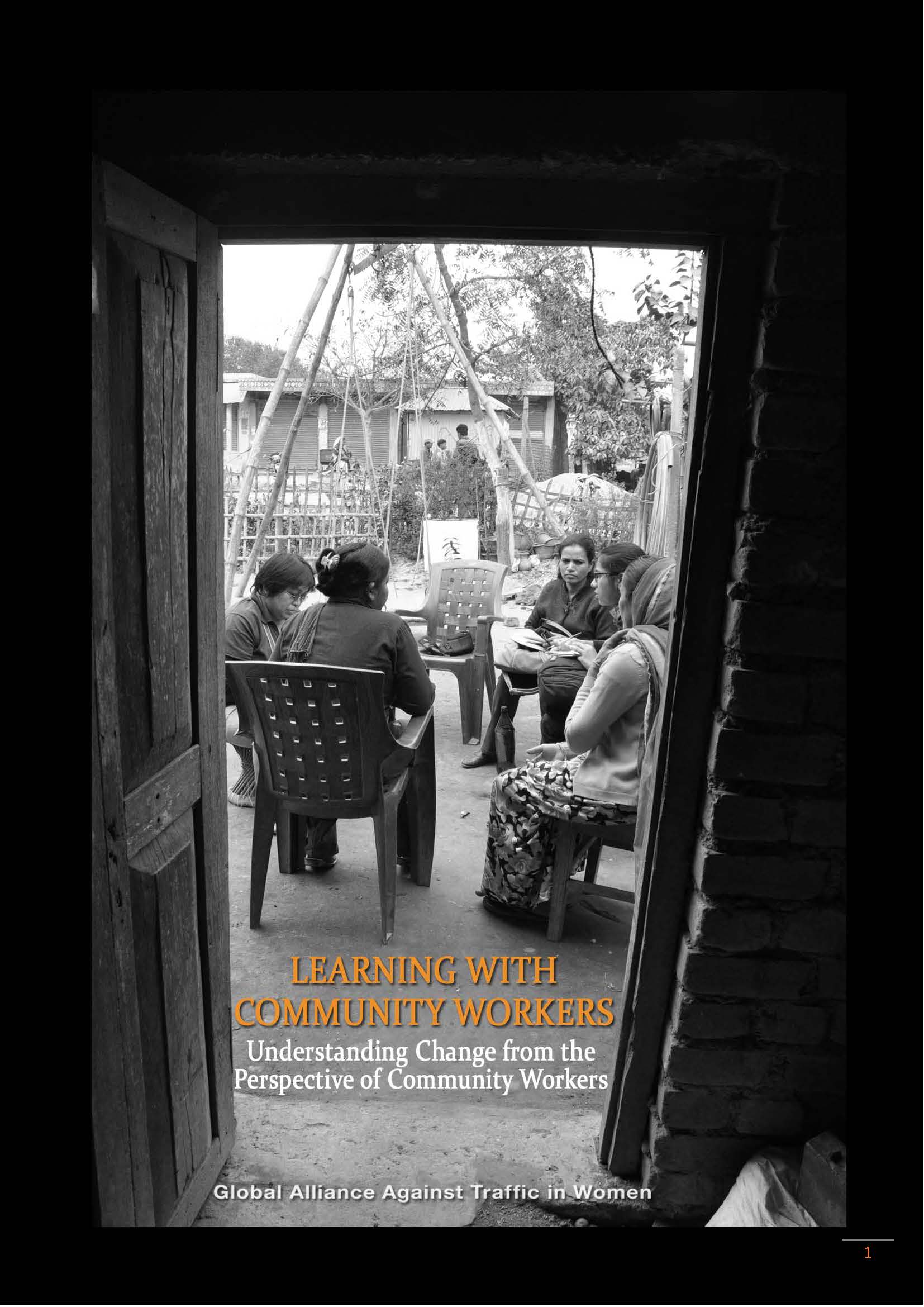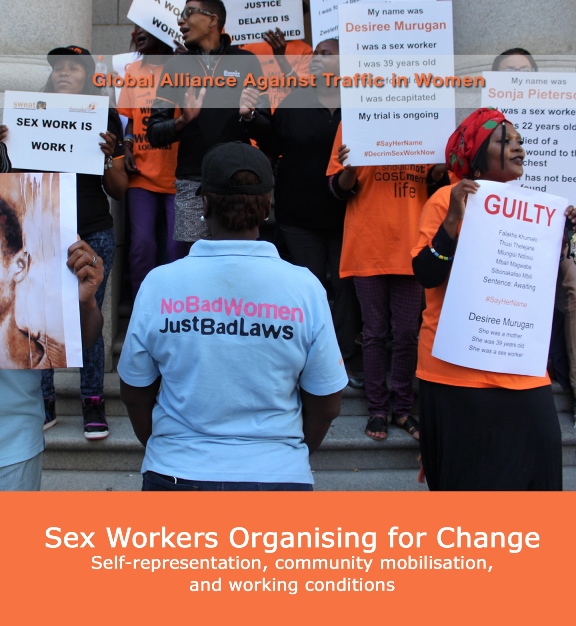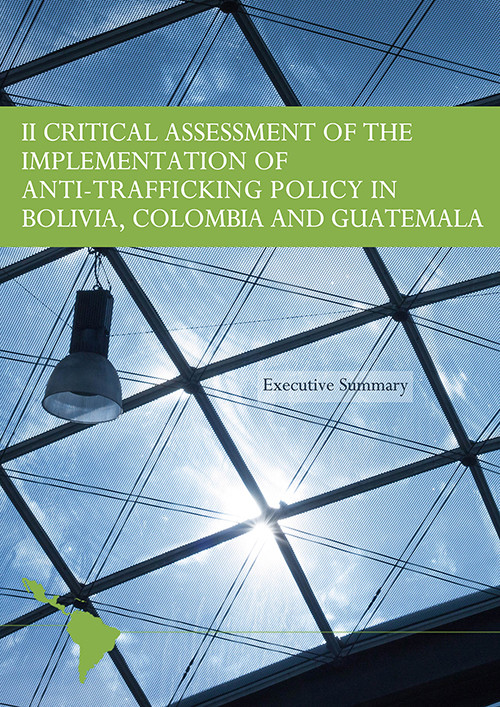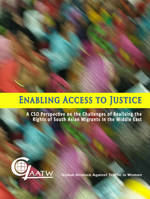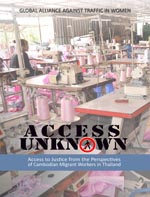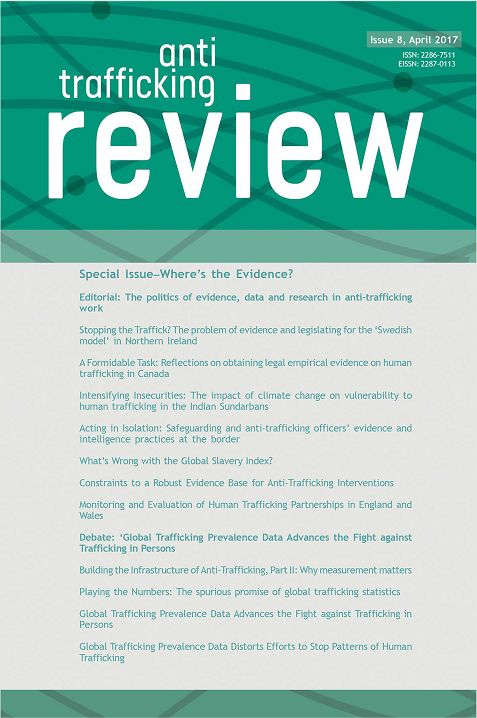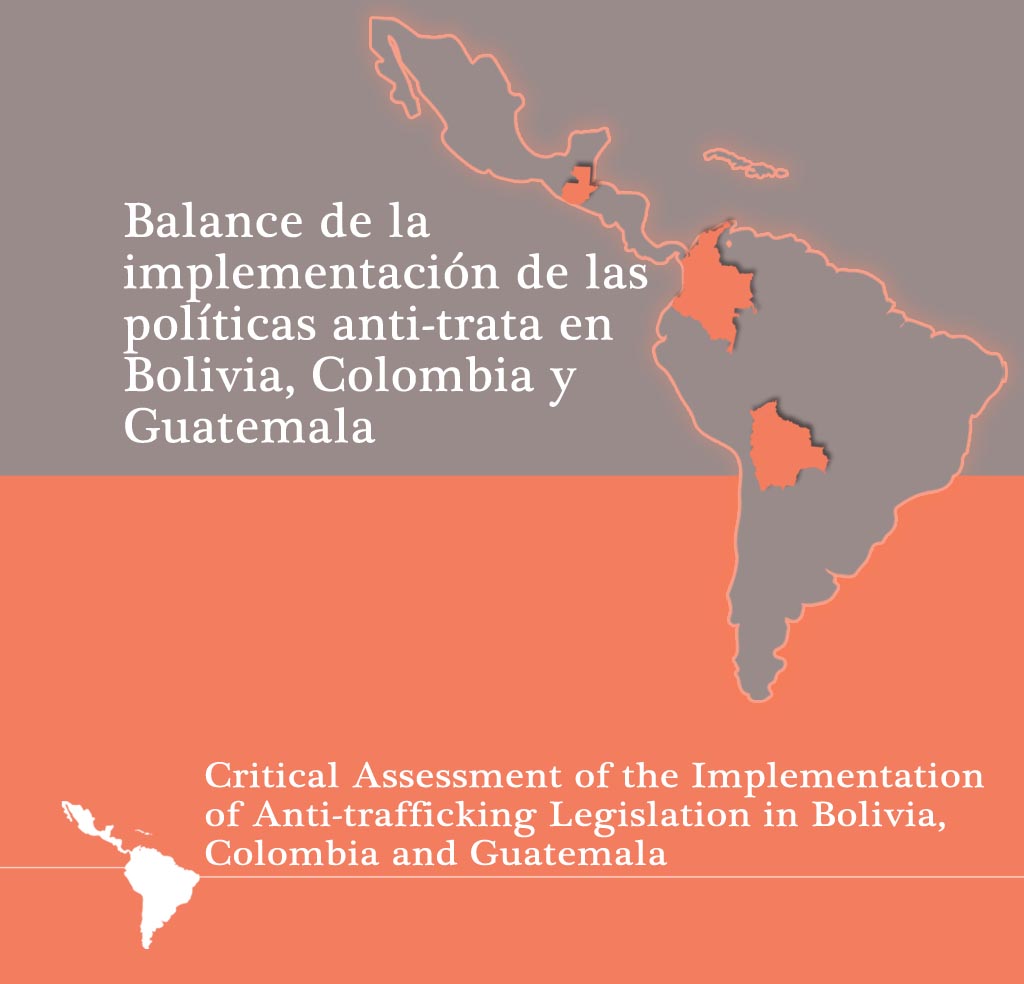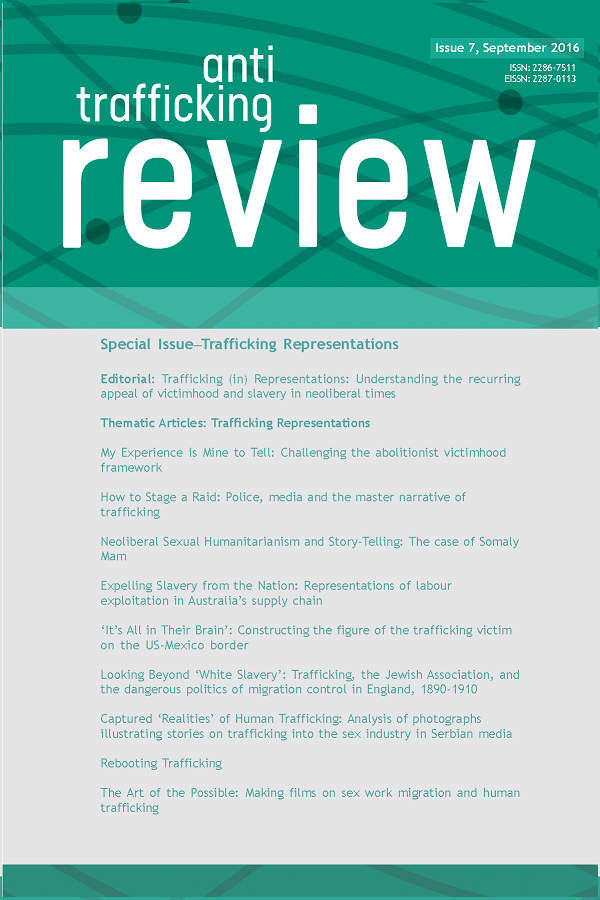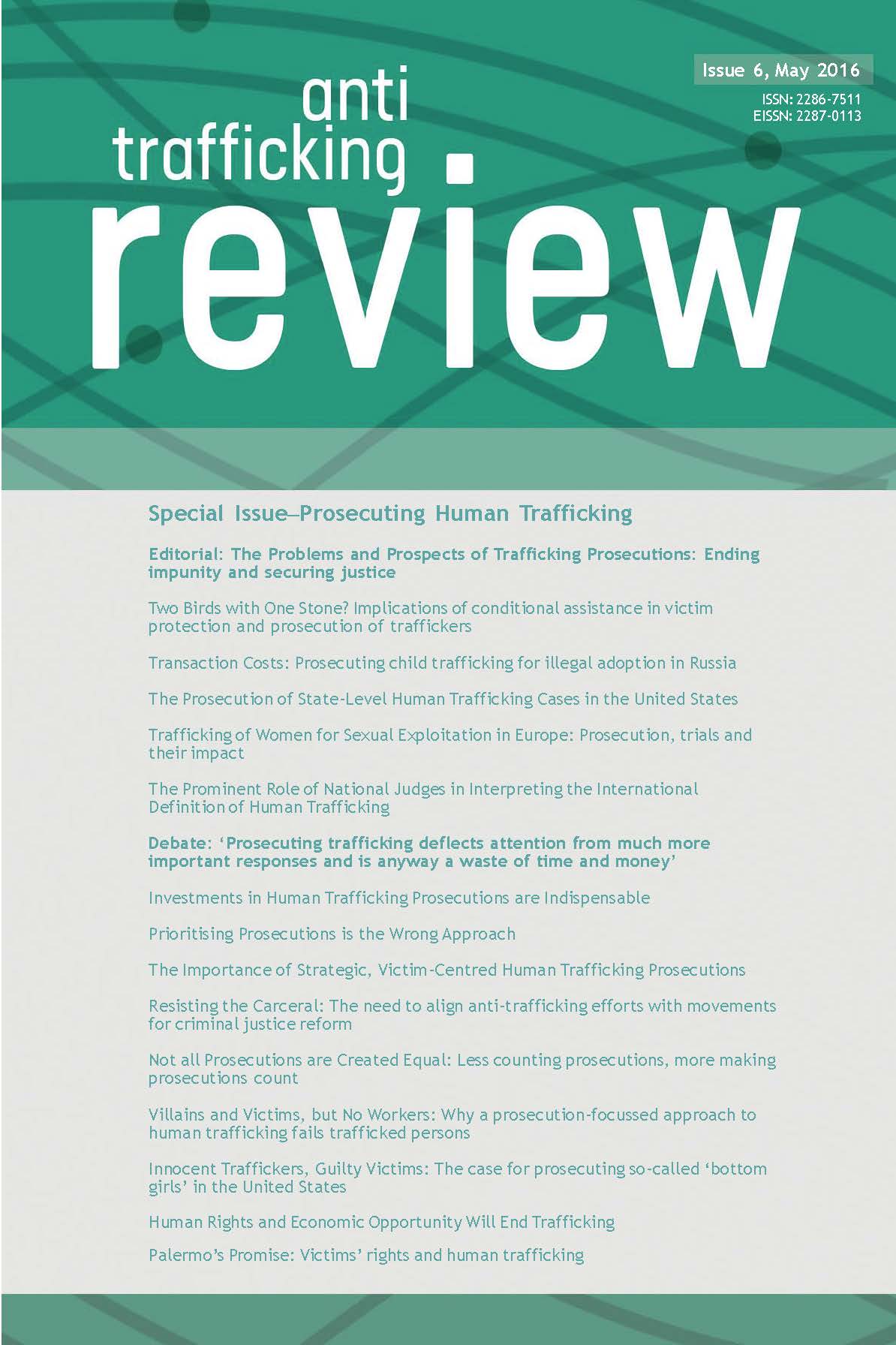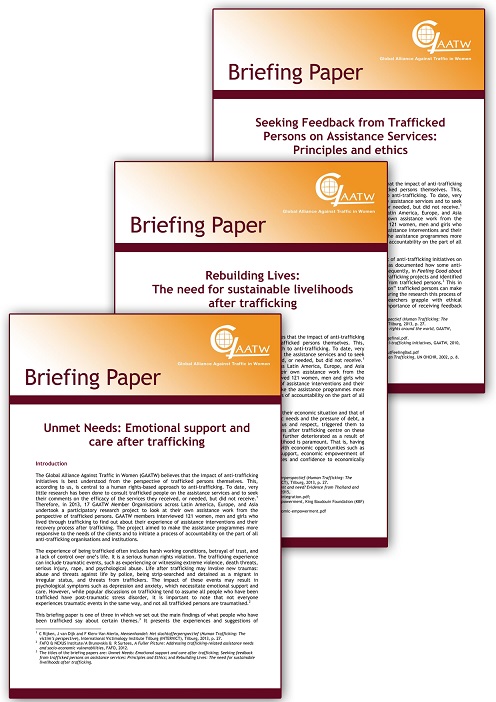E-Bulletin January 2016 - News from the GAATW International Secretariat
Briefing Papers: ‘Towards greater accountability - Participatory Monitoring of Anti-Trafficking Initiatives’
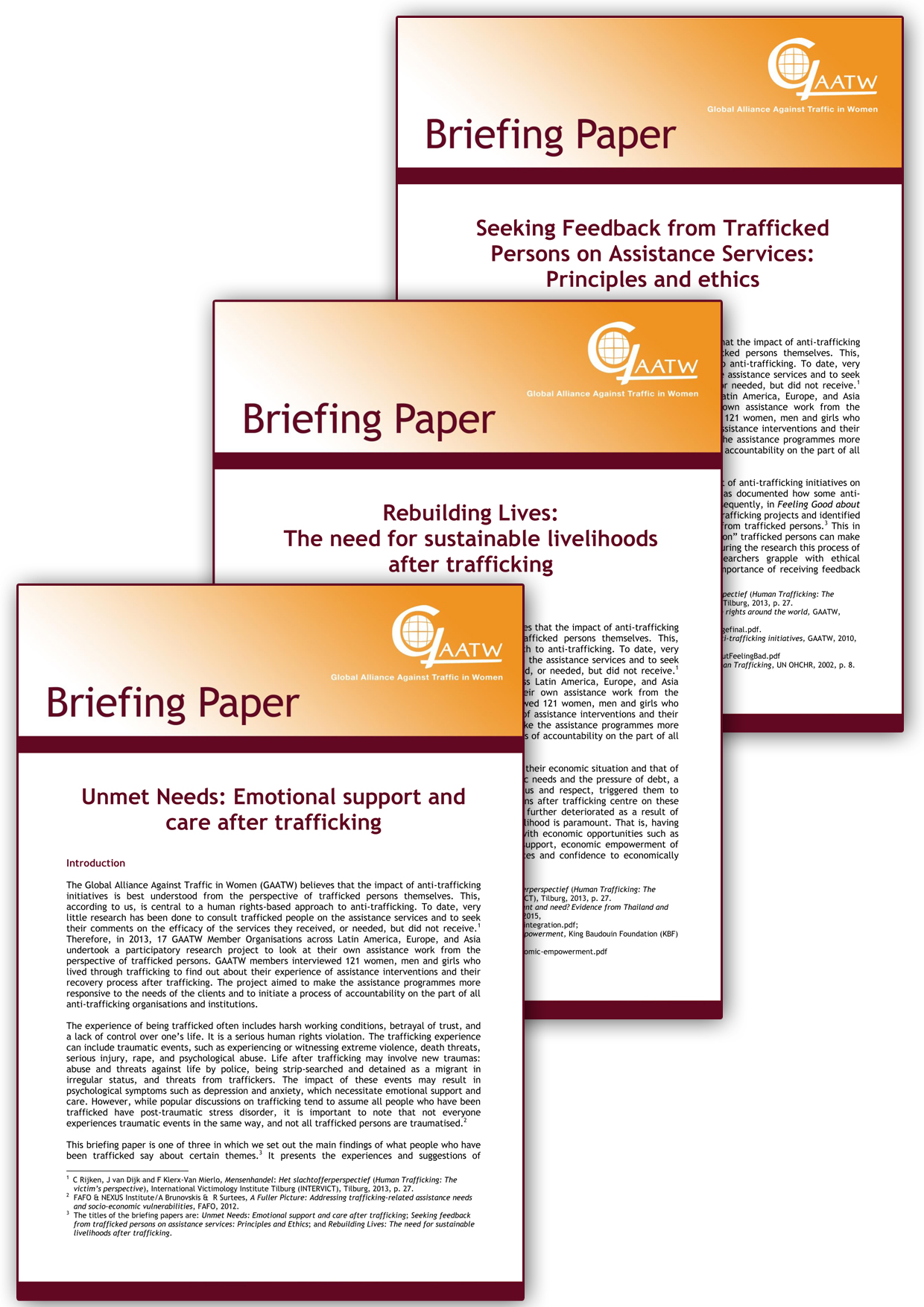 To date, very little research has been done to consult trafficked people on assistance services and to seek their comments on the efficacy of the services they received, or needed, but did not receive. Therefore, in 2013, 17 GAATW Member Organisations across Latin America, Europe, and Asia undertook a participatory research project to look at their own assistance work from the perspective of trafficked persons. GAATW members interviewed 121 women, men and girls who lived through trafficking to find out about their experience of assistance interventions and their recovery process after trafficking. The project aimed to make the assistance programmes more responsive to the needs of the clients and to initiate a process of accountability on the part of all anti-trafficking organisations and institutions.
To date, very little research has been done to consult trafficked people on assistance services and to seek their comments on the efficacy of the services they received, or needed, but did not receive. Therefore, in 2013, 17 GAATW Member Organisations across Latin America, Europe, and Asia undertook a participatory research project to look at their own assistance work from the perspective of trafficked persons. GAATW members interviewed 121 women, men and girls who lived through trafficking to find out about their experience of assistance interventions and their recovery process after trafficking. The project aimed to make the assistance programmes more responsive to the needs of the clients and to initiate a process of accountability on the part of all anti-trafficking organisations and institutions.
We published three briefing papers that highlight the main findings of what people who have been trafficked say about three important themes. Unmet Needs: Emotional support and care after trafficking (in Spanish) presents the experiences and suggestions of trafficked persons with regard to emotional support and psychological care, pointing to gaps as well as good practices. It shows the importance of (informal) emotional support and psychological assistance, the need to address the stigma and to work with the family and the benefits of peer support groups. Rebuilding Lives: The need for sustainable livelihoods after trafficking (in Spanish) presents what trafficked persons say about their need for sustainable livelihoods, and the assistance they received to get on with life after trafficking. It looks at the different options for rebuilding their lives in the country of origin or destination, and the importance of a secure income, which can be achieved through vocational or skills training, education or setting up a small business. Seeking Feedback from Trafficked Persons on Assistance Services: Principles and ethics (in Spanish) describes the ethical issues faced by the researchers and what measures they took to address them: protecting the privacy and safety, taking care of the emotional and psychological wellbeing, enabling equal participation and the benefits of this participation for the interviewees. The papers end with recommendations on how to improve the services provided to trafficked persons, taking into account their voices and participation.
Five new members join GAATW
GAATW is pleased to announce that four new organisations from Europe and Asia have joined our alliance. Pro-tukipiste (Pro Support Centre) from Finland provides social and health services and legal counselling to women, men and trans* people involved in the sex and erotic industry, as well as to people identified as victims of trafficking. RIKU (Victim Support Finland) provides support to victims of crimes and works with authorities to improve services, attitudes and legislation for victims of crime. Since 2015 the organisation is coordinating the Finnish national anti-trafficking NGO Platform. KOK from Germany is the national NGO network against trafficking in human beings, consisting of 37 counselling centres throughout the country. KOK coordinates the efforts of its member organisations and other stakeholders and advocates on the political level for protecting the rights of migrant women and victims of trafficking. Liberty Asia from Hong Kong uses technology to initiate solutions to support and enhance the work of frontline NGOs. The organisation has also set up an online Legal Resource Centre and offers trainings on victim identification and anti-trafficking laws to enhance the capacity of human rights practitioners in Hong Kong. Ovibashi Karmi Unnayan Program (OKUP) is a community-based migrants rights organisation that advocates for the human rights of all migrant workers across the borders including the rights of movement, rights of employment, rights of dignity, and the rights of health.
We warmly welcome our new members and we hope that with our expanded and strengthened alliance, we’ll be able to better uphold the rights and address the needs of women, men and children migrants and victims of exploitation and abuse.
IV Latin American Conference on Trafficking and Smuggling: ‘Labour trafficking, commercial sexual violence and sexual exploitation of adults’
GAATW members in Latin America and the International Secretariat participated in the IV Latin American Conference on Trafficking and Smuggling. The conference was held in La Paz, Bolivia in mid-October under the slogan: Building Networks, voices and views to decide and act. The purpose was to generate spaces for collective creation of knowledge and comprehensive proposals to combat human trafficking.
The conference gave us the opportunity to present the research ‘Towards Greater Accountability - Participatory Monitoring of Anti-Trafficking Initiatives’ which was done by our Latin American board member and executive director of the Peruvian member organisation CHS Alternativo, Andrea Querol and Nelson Rivera, deputy director of Fundacion Renacer. The focus of the presentation was on the regional and national findings of the research.
Also during the conference, the Anti-Trafficking Review (ATR) Issue 5 ‘Forced Labor and Human Trafficking’, was launched with the participation of Andrea Querol and Mike Dottridge, previous ATR guest editor and current member the Board of the Trustees of the UN Fund on Contemporary Forms of Slavery.
GAATW members in Latin America and the Caribbean, who took part in the accountability research, and the international secretariat used this opportunity to organise a common consultation meeting. The aim of this meeting was to share the findings of the evaluation of the research with the partners and the decisions from the Board and Strategy Meetings which took place at the end of September in Bangkok.
No easy exit – Migration bans affecting women from Nepal
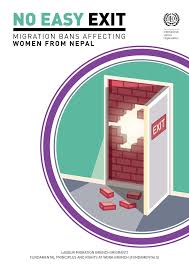 Since large numbers of Nepali women began migrating for domestic work, reports have emerged of labour exploitation, physical and sexual abuse experienced abroad. Although some women report positive migration experiences, as the number of women migrants grow, so do the reports of exploitation. Many of these negative experiences concern migrant domestic workers in the Arab States.
Since large numbers of Nepali women began migrating for domestic work, reports have emerged of labour exploitation, physical and sexual abuse experienced abroad. Although some women report positive migration experiences, as the number of women migrants grow, so do the reports of exploitation. Many of these negative experiences concern migrant domestic workers in the Arab States.
Because of these developments, the Government of Nepal has adopted various labour migration policies specifically targeting women and the domestic work sector. These have largely focused on restricting women’s labour migration to the Gulf for low-skilled work.
This joint study of GAATW and ILO explores whether Nepal’s age ban has deterred younger women from migrating for domestic work and improved working conditions for women migrant domestic workers over 30 years of age. It also explores to what extent the age ban and other bans have had unintended consequences for women, including an increase in irregular migration and trafficking in persons. Finally, it highlights steps the women themselves propose be taken to improve their migration experiences.
The overall lesson of the study was that the migration bans reviewed did not prevent people from migrating and discriminated somewhat arbitrarily based on gender, class and age. Indeed they placed women at greater risk of abuse during the migration journey, and gave them less control over their migration experience. Based on these findings, it is suggested that, to be effective, protective polices must be introduced transparently, be well-publicised, and take a comprehensive and empowering approach. This would include more oversight of recruitment actors, more information and skills training for women, and more assistance services in Nepal and abroad for women in need of assistance.



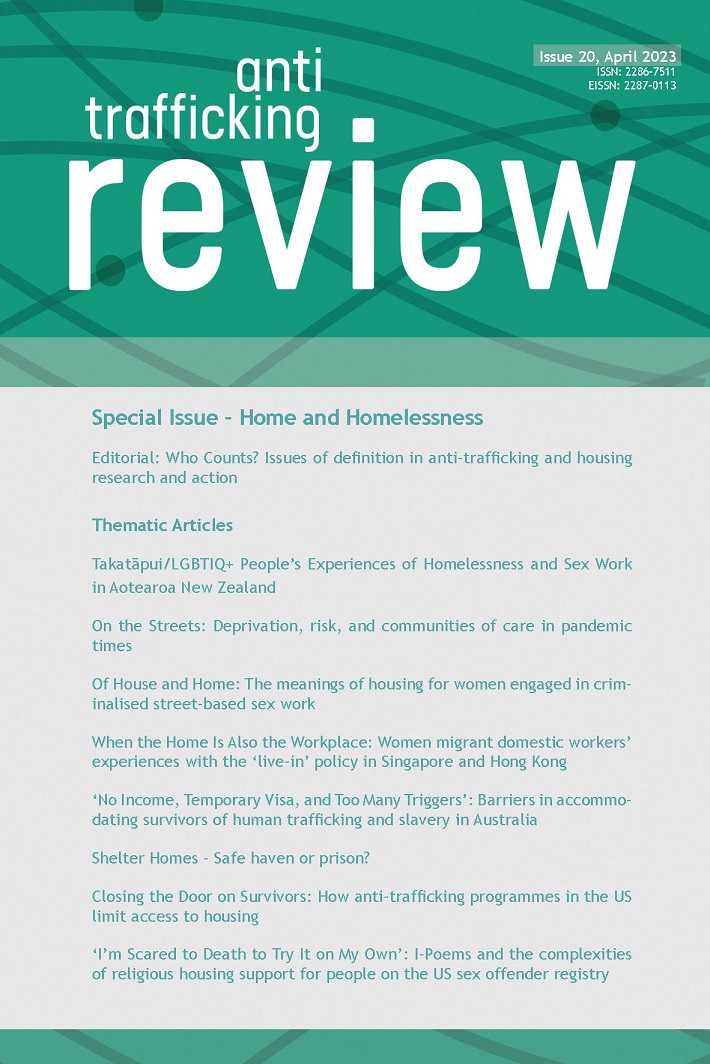
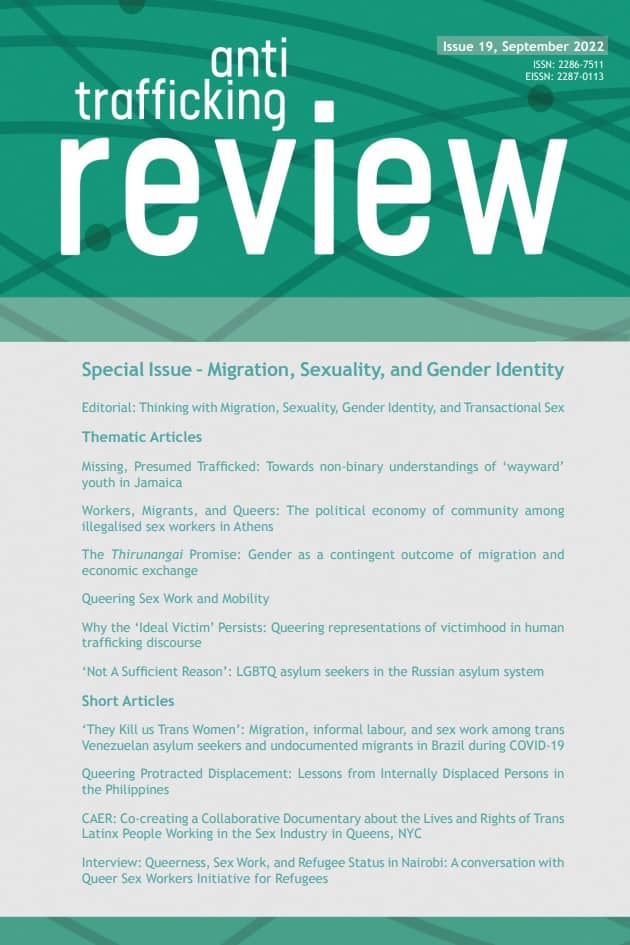
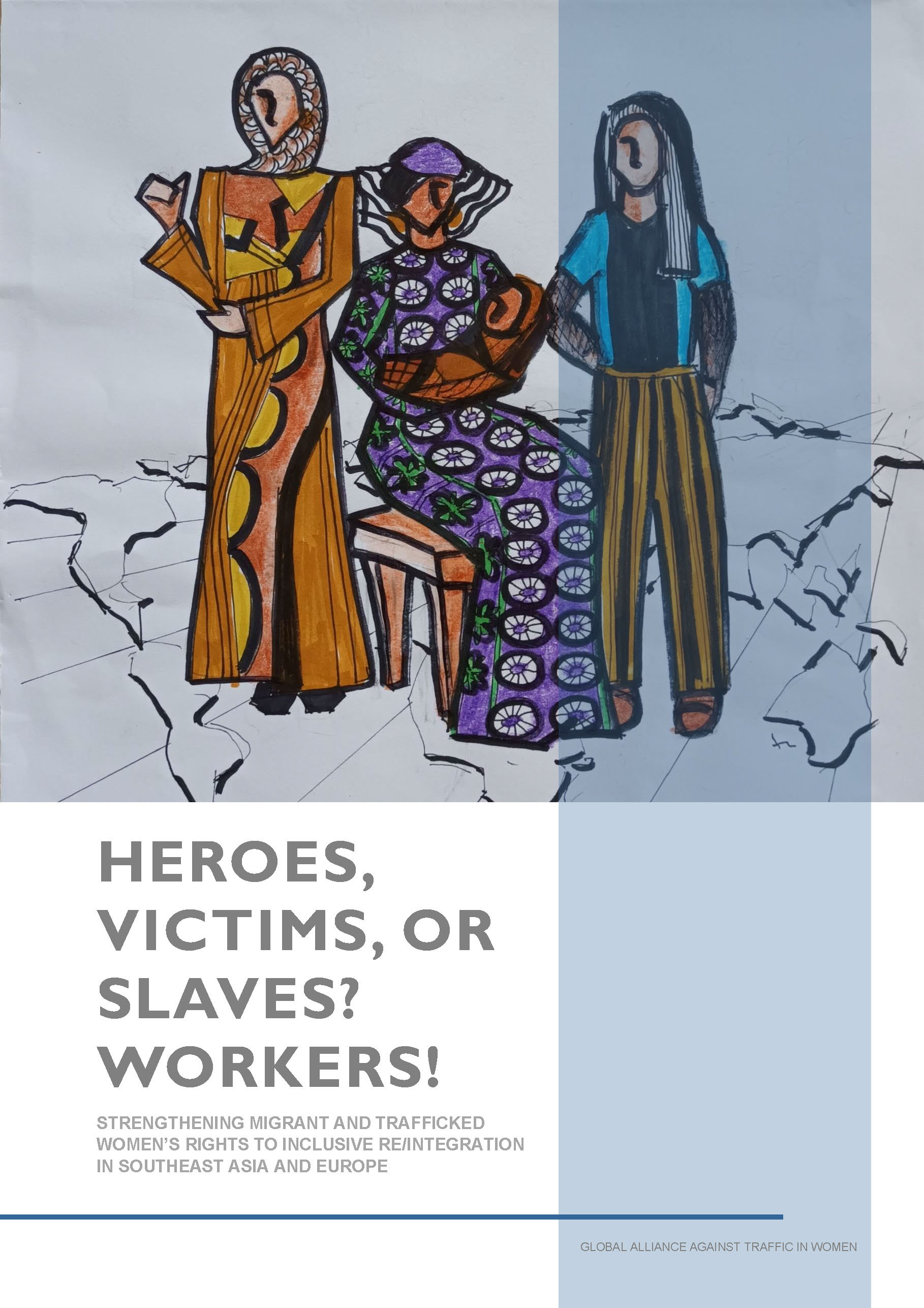
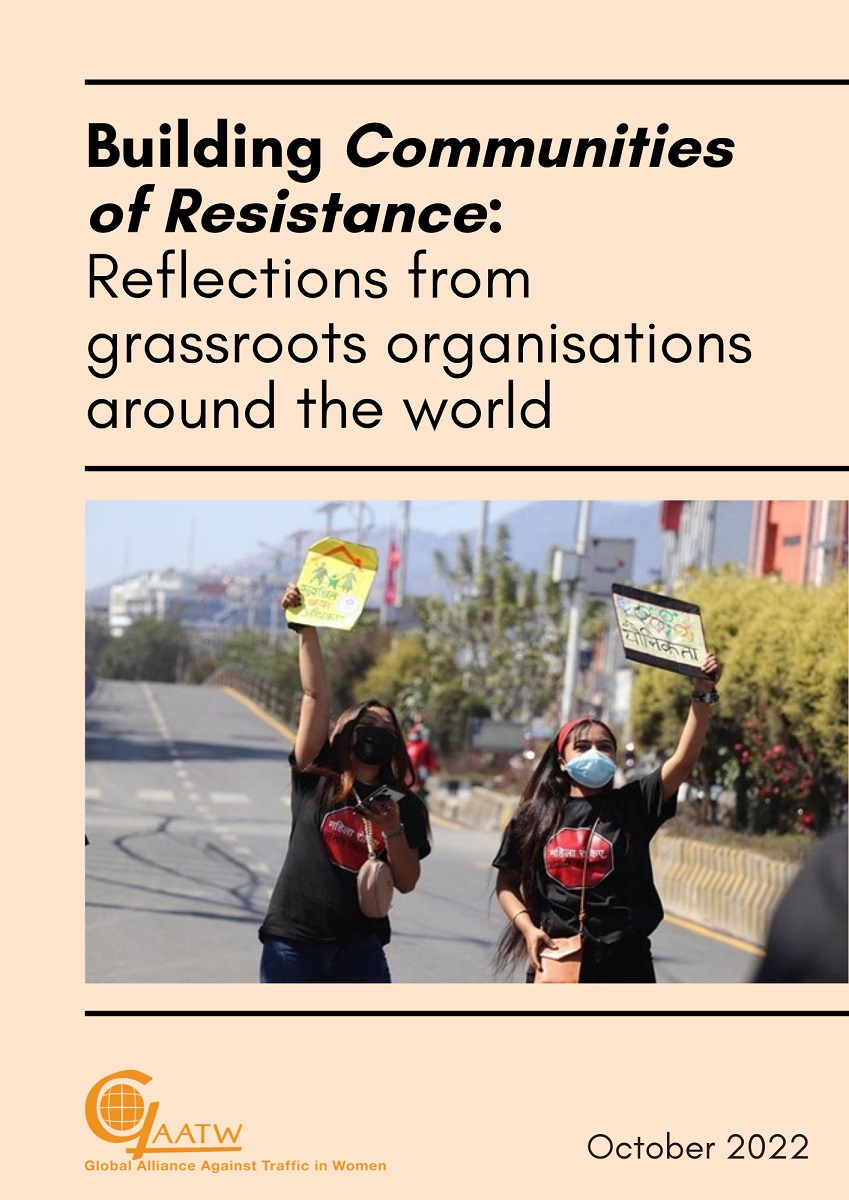
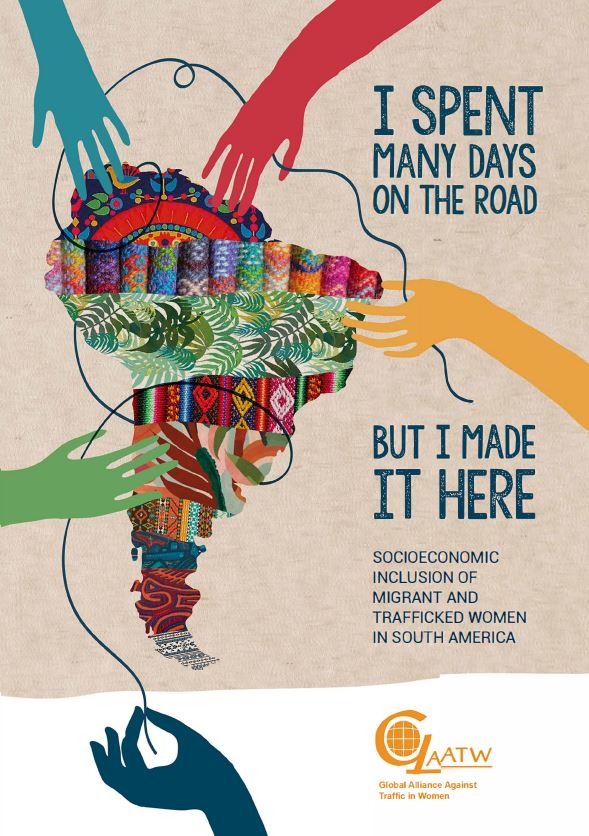
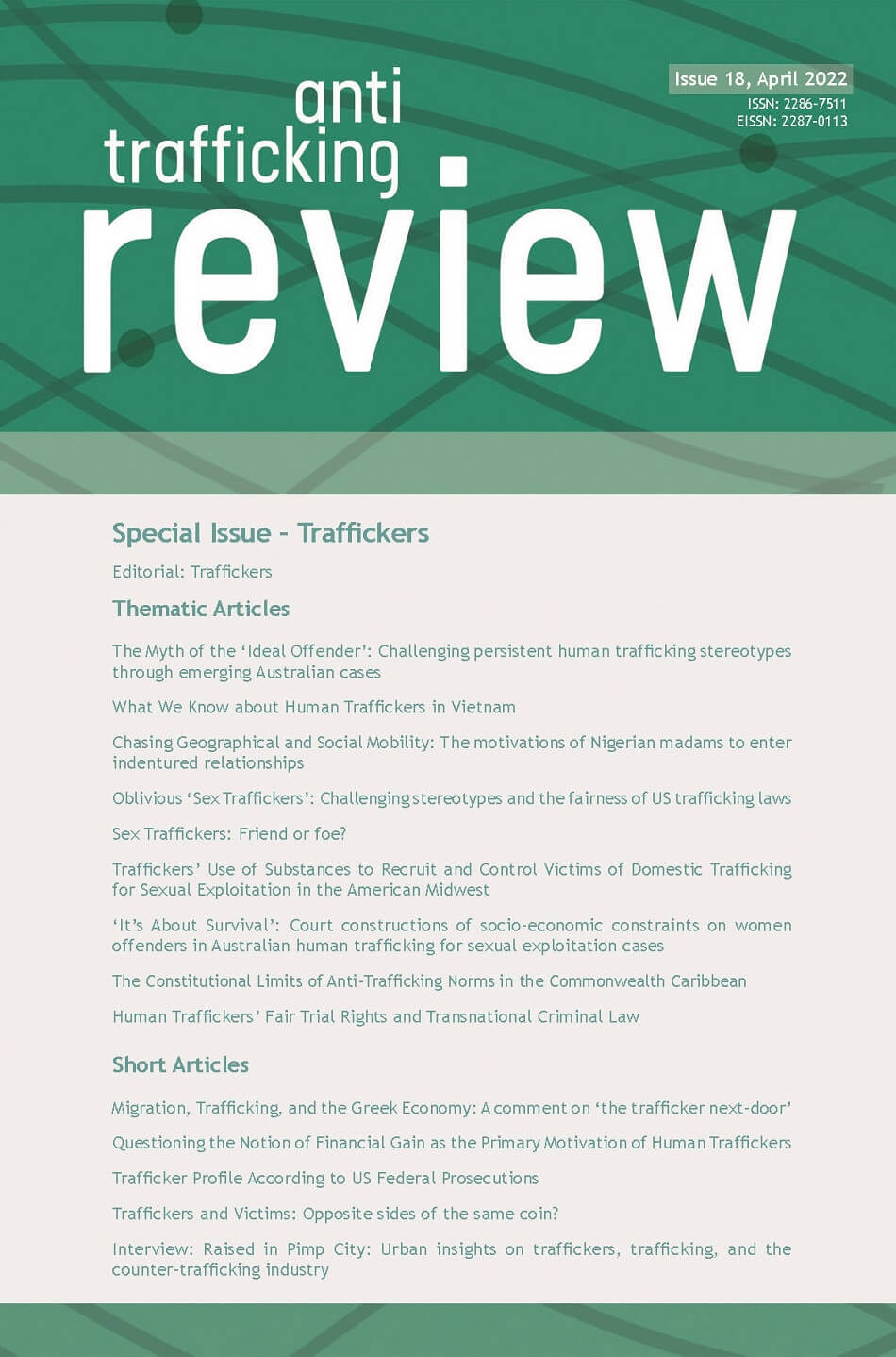
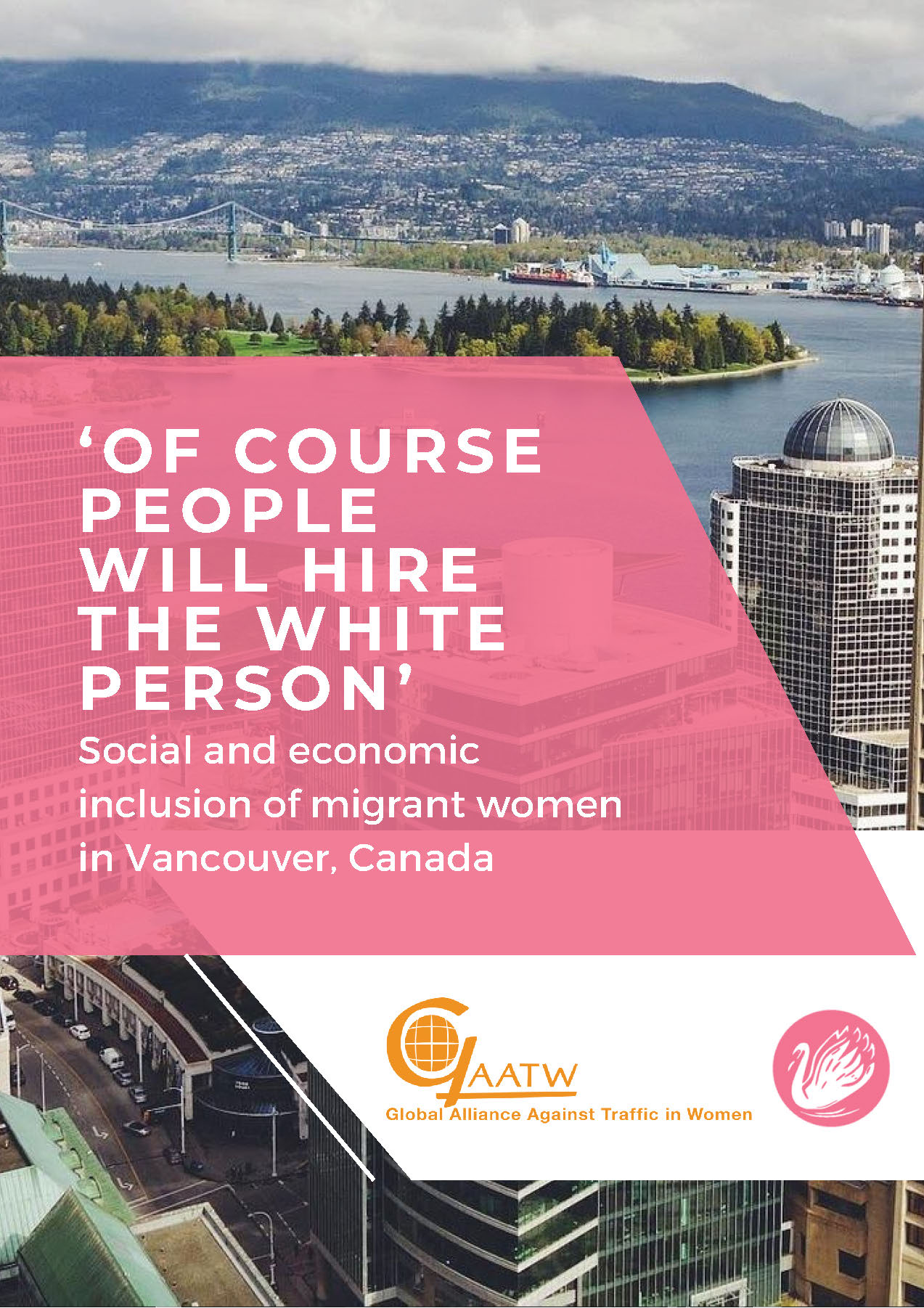
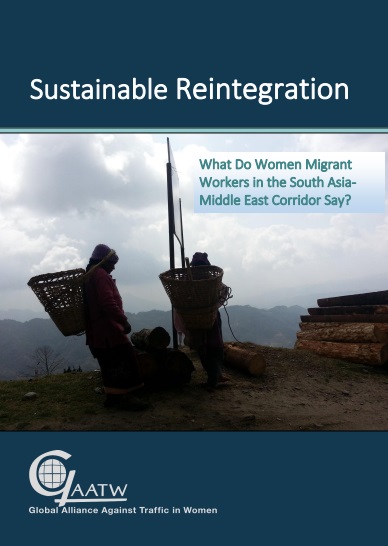
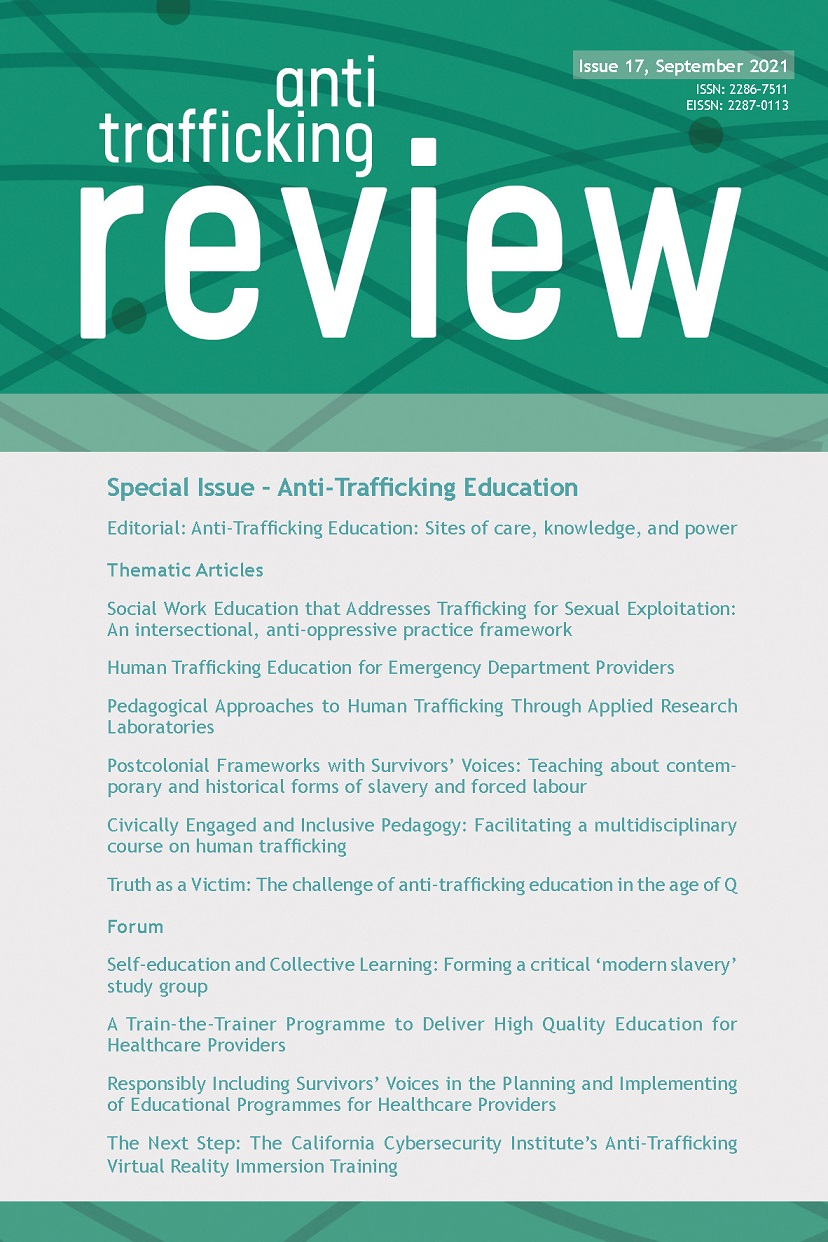
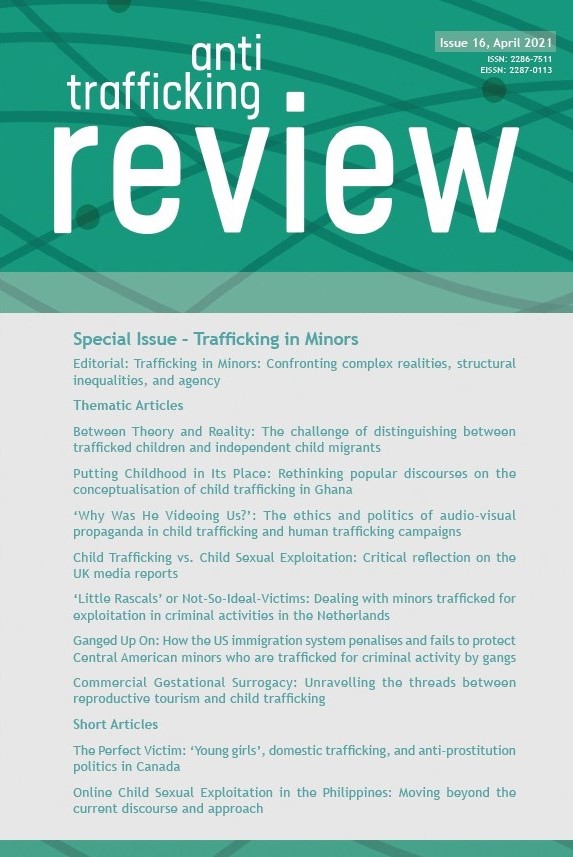
.pdf - Adobe Acrobat Pro 2_8_2021 4_36_32 PM.png)
